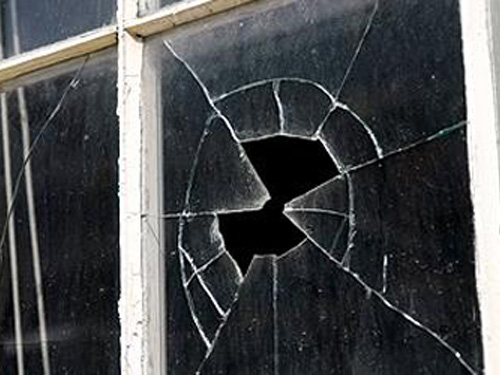
Today (Tues 29th) is the second reading of the Anti-Social Crime and Behaviour Bill in the House of Lords.
The LGA have prepared a briefing on the topic to assist policy-makers and those with an interest in the issue. It covers existing local authority powers to tackle anti-social behaviour and broadly welcomes the additional flexibility provided by the new Bill.
The full briefing note can be downloaded by ALDC members, here.
For non-members, the seven key LGA messages in the paper are:
- The LGA welcomes the added flexibility to tackle anti-social behaviour that this Bill1 provides and notes that the Government has listened to feedback received during pre-legislative scrutiny and the Commons stages of the Bill. For example, proposals on injunctions (Part 1) now include a power of arrest and are now tenure neutral with regard to anti-social tenants, as recommended by the LGA
- Councils know that the most effective way of tackling anti-social behaviour is to stop it happening in the first place. This means working in partnership with schools, youth offending teams, health, fire services, probation services and the police to steer people away from activity which causes harassment or distress to others
- Councils have a good track record of providing services that turn lives around, both in terms of supporting those affected by anti-social behaviour and rehabilitating perpetrators. However, continuing this support will not be easy due to the budget pressures on councils and other public services
- The provisions in this Bill relate to all persons from the age of ten years and over. The Bill thus presents an opportunity to consider how anti-social behaviour legislation should apply to young people. Where they are responsible for such behaviour, the focus of the response must be to help them grow into law-abiding citizens and be proportionate to their behaviour and any similar history
- As the use of dispersal powers can be controversial locally the LGA believes the rank of police officer approving them needs to be raised, and provision made for councils to be notified of the use of the power before it is implemented
- Clarity is needed from the Home Office on the cost of imposing ‘positive requirements’ (Part 1) on perpetrators of anti-social behaviour. The LGA is concerned that the overall estimates that the injunctions will be cheaper to use than ASBOs may not be right and positive requirements may impose an additional financial burden on councils
- The LGA appreciates the value of the community trigger (Part 6), which has been explored through Home Office pilots around the UK. However, we would like to see the trigger threshold set by local partners, including the police and council. A national threshold (as currently in the Bill) will fail to take account of local circumstances
- The extension of powers for the police and councils to deal with dangerously out of control dogs (Part 7) on private property is welcome, and combined with measures in the Bill around anti-social behaviour, will provide local partners with the powers they need to tackle irresponsible owners.